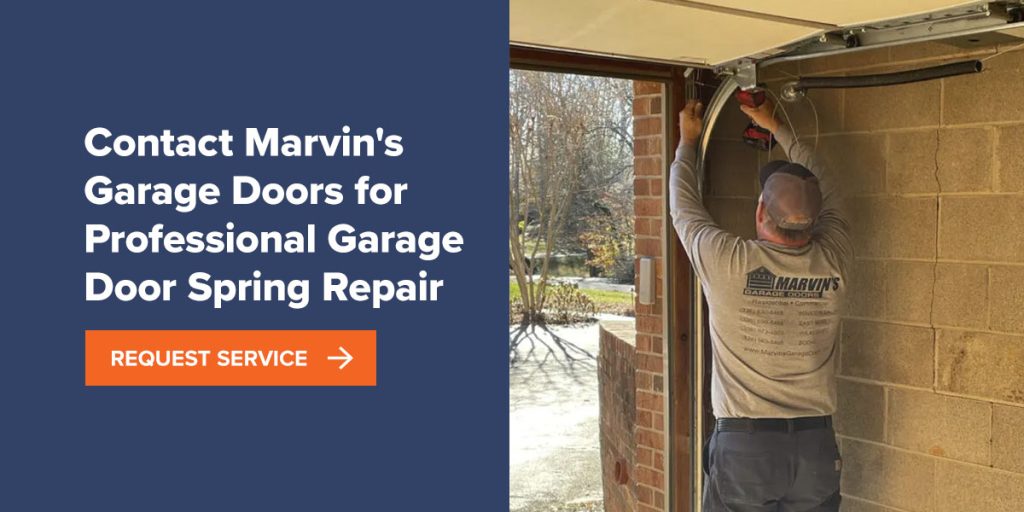
You may not think about garage springs very much in your life, but they’re one of the most essential parts of your home. You probably won’t go a day without operating these springs. Sometimes, garage springs can stop working, alerting you to their importance and making you consider what went wrong. A malfunctioning garage door can pose serious safety hazards, so you should monitor how your system operates.
Garage door springs make lifting that door possible using a mix of mechanisms and forces that work to overcome gravity. There are different types, so it’s important to differentiate between them and know which one you have in your home.
Of all the types of garage door springs, torsion and extension springs are the most common. If you’re unfamiliar with garage springs, it can be challenging to stare up at your garage door and try to differentiate the two. With access to the right information, though, it can be fairly easy to spot the differences.
Call (336) 830-8468 For Garage Door Spring Repair
You can generally split the differences between torsion springs and extension springs into categories like appearance, location, uses and performance. Some of these categories — such as appearance — will obviously make it easier to identify than performance. However, knowing each individual difference can help you identify what went wrong and tell you whether the spring is suitable for your garage.
The easiest way to tell the difference between tension and extension springs is to look at them. Extension springs are usually placed on either side of one garage door and are more visible than torsion springs. If you watch closely, you’ll see the springs compress when the garage door closes and extend when it opens again.
Torsion springs, in contrast, only have one piece directly above your garage door. Since these springs are usually covered and protected, you won’t see much movement in torsion springs while the garage opens.
If you took each spring apart from the mechanism, you would find even more differences in appearance. The very end of each spring has marked differences — torsion springs end in pieces called cones, whereas extension springs end in loops.
Aside from performance, the main difference between extension springs and torsion springs is how they actually operate. As their names imply, torsion springs use torque, while extension springs use the build-up of energy in their springs to lift the garage door.

Garage doors operate on a counterbalance system, meaning they utilize the energy in their mechanisms to pull the garage door open and close it again. Both types of springs use counterbalance assembly — they just use it in different ways:
You can check out your garage springs’ appearance, location and operations to determine which type you have. Of course, after you determine which kind you own, you could begin to wonder if one spring is more effective than another.
If you start asking around and researching, you will probably find that torsion springs are more recommended than extension springs. Several reasons support this claim include:
Though tension springs are usually recommended, you should completely cast extension springs aside. Based on your situation, it might be the right choice. Extension springs are usually the more affordable option, and they’re commonly found in residential homes.

Even with all this knowledge of garage door springs and operations, it can be challenging to navigate the intricacies of your garage system. To ensure your safety, you should get in contact with a trusted, reliable garage door service that can help you with everything you need.
Marvin’s Garage Doors can help you with all of your garage needs. Serving Winston-Salem, Wilkesboro, East Bend and Lake Norman, North Carolina, we’ve provided quality garage door products and service to northwestern North Carolina since 1970.
Throughout all that time, we’ve stayed true to who we are — a family-owned business committed to providing quality products and services to those in our area. We serve both residential and commercial clients and will give you repairs, preventative services and access to a vast selection of products.
If you’re looking for a garage door expert in your area, contact Marvin’s Garage Doors today!